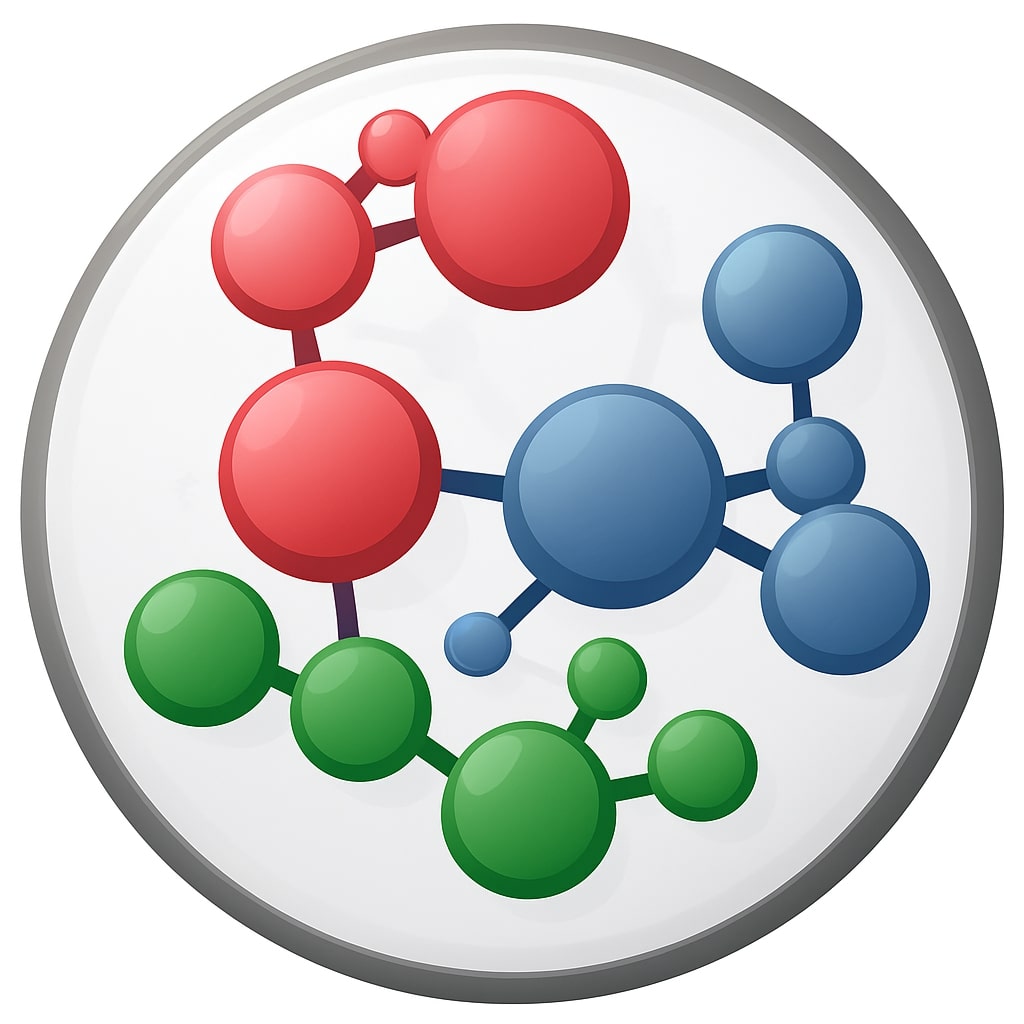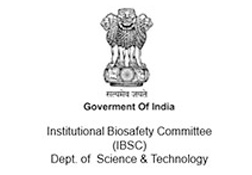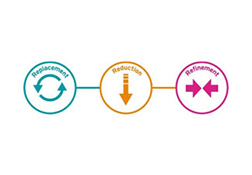Advanced cell-based assay services at TheraIndx

Introduction:
Cell based assays are an indispensable tool in drug discovery, providing insights into how the impact of a molecule at a cellular level. We believe that understanding cell behaviour is the key to achieve therapeutic breakthroughs. Our cell-based services can be custom designed to meet your scientific needs for advancing drug candidates across several disease areas.
2D and 3D cell models
We offer traditional 2D and advanced 3D models to support critical stages of your drug discovery, including spheroids and organoids, to model in-vivo microenvironment with enhanced biological relevance (Lancaster & Knoblich, 2014). We employ advanced 3D models such as multicellular 2D and patient derived 3D models which mimic cell-cell interaction and tissue integrity (Fatehullah et al., 2016; Antoni et al., 2015).
Our diverse offerings
AI platforms integrate genomic and transcriptomic landscapes, drug pathway networks, Clinical trial and CRISPR datasets to:- Cell viability and proliferation: Evaluation of compound induced cytotoxicity, growth inhibition and metabolic activity
- Apoptosis: Detection of programmed cell death through caspase activation
- Reporter gene assays: Measures pathway activation and transcriptional regulation
- Migration and invasion: Assessment of cell motility and invasiveness
Each assay has been validated to support a broad spectrum of different therapeutic areas.
Partnering for precision
Our scientists work closely with clients to design customised assays to accommodate their scientific needs, ensuring the meaningful data can accelerate translational success. From high throughput screening to mechanistic studies, TheraIndx helps clients discover mechanism of action, validate biomarkers and evaluate efficacy in cell culture model.
“TheraIndx Partnering with innovators to drive cell-based therapy forward”
- 1. Edmondson, R., et al. (2014). Three-dimensional cell culture systems and their applications in drug discovery and cell-based biosensors. Assay Drug Dev Technol, 12(4), 207–218.
- 2. Fatehullah A, Tan SH, Barker N. (2016). Organoids as an in vitro model of human development and disease. Nat Cell Biol. 18(3):246–254.
- 3. Lancaster, M. A., & Knoblich, J. A. (2014). Organogenesis in a dish: modeling development and disease using organoid technologies. Science, 345(6194), 1247125.




